10 Path-Breaking Verdicts That Made 2018 a Pivotal Year For India
This year, the winds of justice blew in favour of equality and empowerment. Here's a look at the 10 landmark judgements that defined India's #SupremeCourt in 2018. #TBIYearEnders
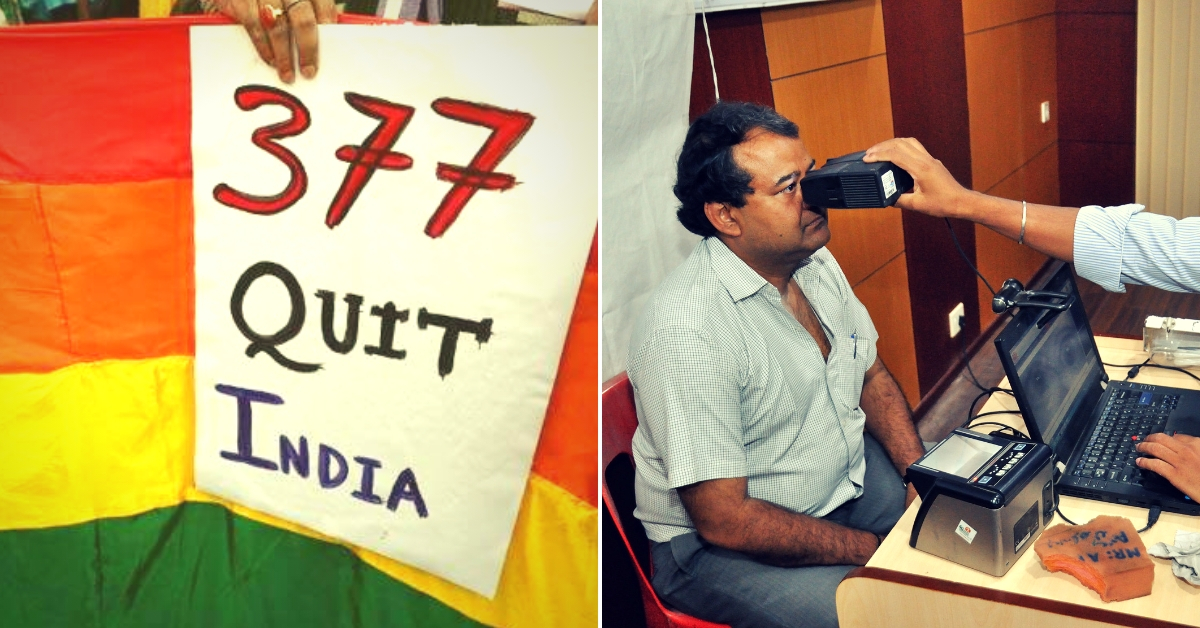
It has been a remarkable year for the Supreme Court of India, the highest court in the land.
From four of the senior-most judges coming out in protest against the Chief Justice over issues of judicial propriety, to passing path-breaking verdicts that will have a definitive bearing on citizen rights for years to come, the apex court has undoubtedly had a very eventful year.
Given below are ten landmark judgements of the Supreme Court in 2018.
1) Striking down Section 377
In a verdict that releases thousands of Indians from the fear of prosecution and legal discrimination, the Supreme Court struck down the colonial-era Section 377 of the Indian Penal Code—which criminalised various sexual acts, especially those between members of the same gender—as illegal and arbitrary. The law, formed in 1860, was repealed by a five-judge Constitution Bench led by Dipak Misra, the former Chief Justice of India.
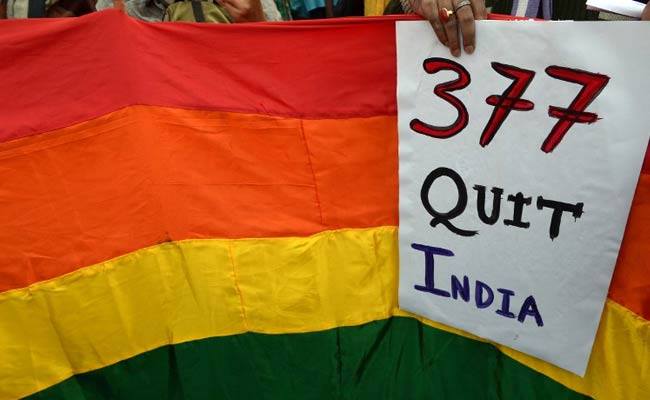
“Majoritarian views and popular views cannot dictate constitutional rights. LGBT community possesses human rights like all other sections of society. Equality is the essence of the constitution. 377 is arbitrary,” said the former CJI. Discrimination on the basis of sexual orientation is [a] violation of freedom of speech and expression—a fundamental right.
2) Upholding Aadhaar, although not entirely
Four of the five-judge Constitutional Bench endorsed the Aadhaar project. They said the enrolment was valid, and the government was well within its rights to pass it as a money bill. Only Justice DY Chandrachud dissented against the majority judgement. Three of the other five judges, meanwhile, dismissed the possibility of the mass profiling of individual citizens, since, he said, there were inbuilt safeguards against it, a contentious point.
Nonetheless, the majority decision said that a person’s individual rights could not be denied on the ground of lack of the unique ID. For example, the government cannot disclose anyone’s Aadhaar information even under the guise of national security without a warrant. Also, private entities cannot use Aadhaar information to authenticate the identity of the person.
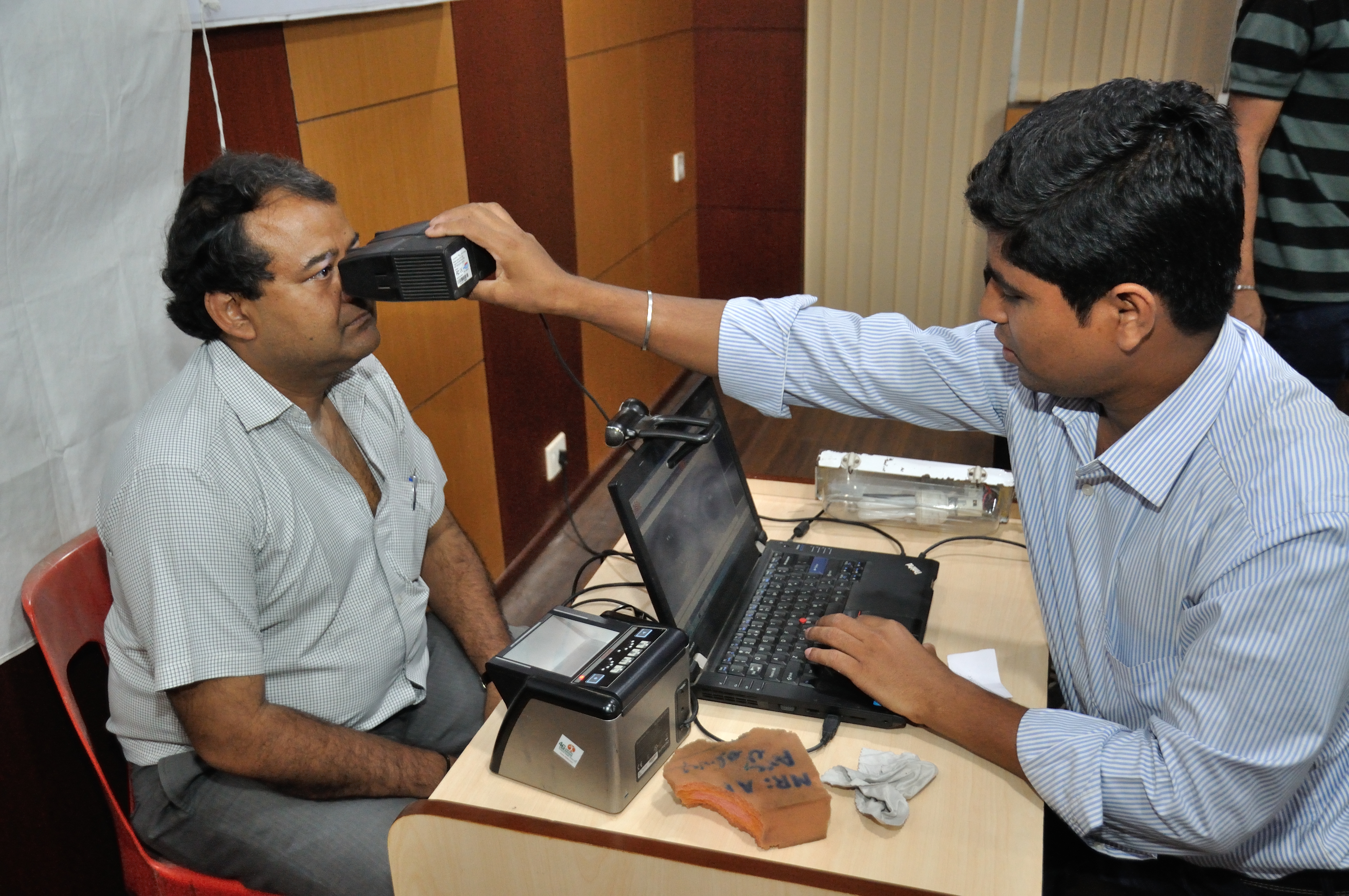
Aadhaar cannot be made mandatory for the opening of a bank account or acquiring mobile connections, besides the fact that the consent of parents is necessary to enrol children. Once the children attain majority, they must have the option to opt out.
3) “Human beings have a right to die with dignity”
The court has allowed the execution of ‘living will’ and the right to die with dignity—passive euthanasia, with certain strict guidelines to be followed until the Centre brings in a legislation.
The bench headed by the former CJI, gave the 5-0 ruling. Passive euthanasia will be applicable only to those who suffer from terminal illness and have no hope of recovery. One can draft a ‘living will’ specifying that they not be put on life support if they slip into an incurable coma. This ‘will’ must be made when the person is of sound mind. The court will constitute a medical board, to consider cases of passive euthanasia.
4) Decriminalising Adultery
A five-judge bench of the Supreme Court decriminalised adultery in India earlier this year. The former CJI, while delivering the judgement, said, “The husband is not the master of the wife.”
Section 497 of the Indian Penal Code which is the section dealing with adultery—has existed for more than 150 years. It was created at a time when women were considered to be the property of a man (father or husband) and thus, punished a man, for trespassing on another man’s “property.”
While adultery can be treated as a civil wrong for the dissolution of marriage, it will no longer be a criminal offence. Additionally, while adultery is not a criminal case, in case a spouse commits suicide because of a partner’s adulterous relationship, it will be treated as abetment to suicide.
5) Sabarimala verdict
A five-judge Constitution Bench of the Supreme Court allowed the entry of women of all age groups into the Sabarimala Temple, holding that “devotion cannot be subjected to gender discrimination.”
Interestingly, Justice Indu Malhotra, the lone woman on the bench, wrote a note of dissent against the majority judgement. Rule 3(b) of the Kerala Hindu Places of Public Worship (authorisation of Entry) Rules 1965, which prohibits entry of women (from ages 10-50) in Sabarimala, was also struck down as unconstitutional. “Rule 3(b) of 1965 Rules is a clear violation of the right of Hindu women to practice religion under Article 25,” ruled the former CJI. “The right guaranteed under Article 25 has nothing to do with gender or physiological factors.”
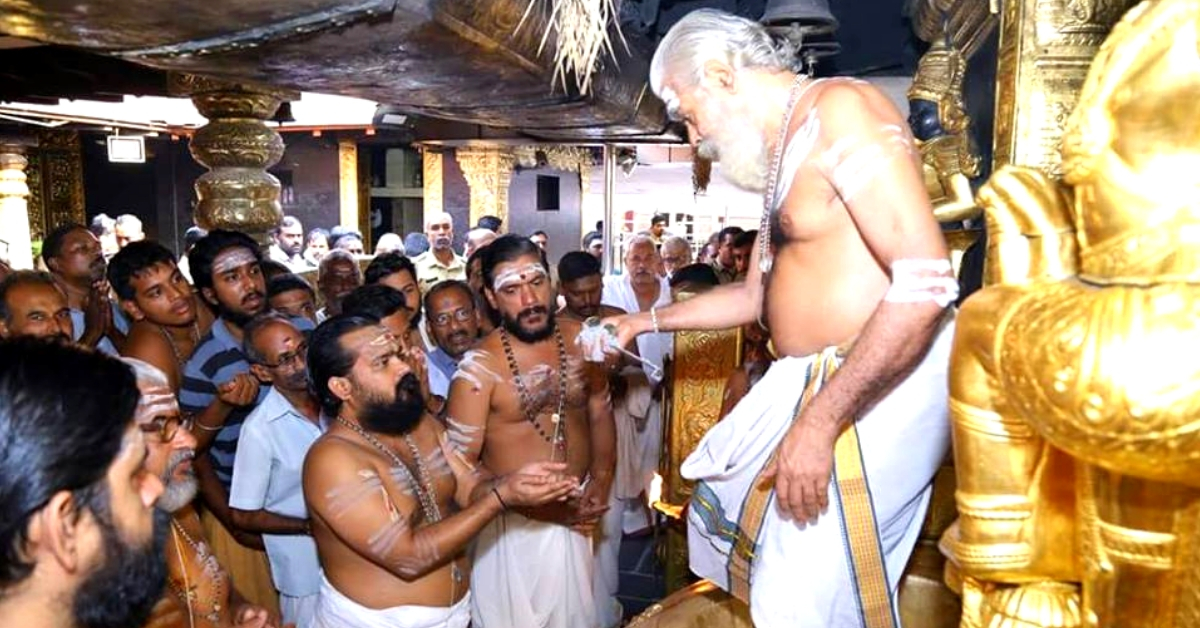
However, Justice Indu Malhotra said, “Notions of rationality cannot be invoked in matters of religion. What constitutes essential religious practice is for the religious community to decide, not for the court. India is a diverse country. Constitutional morality would allow all to practise their beliefs. The court should not interfere unless if there is any aggrieved person from that section or religion.”
6) Lok Prahari vs Union of India
In a bid to tighten the screws on dishonest politicians who make a mockery of basic electoral decency, the Supreme Court ruled that candidates contesting polls are obliged to reveal not only the source of their income but also that of their wife and children.
The Supreme Court bench, headed by Justice Chelameswar (who retired in June), accepted the notion that the mere declaration of assets and liabilities aren’t enough. The source must also come under public scrutiny to ensure that the public can investigate and verify whether their properties were amassed legally or not. The petitioner, in this case, is Lok Prahari, a non-profit.
7) Horrendous acts of mobocracy can’t be allowed to become the new norm
One of the most significant decisions passed by the apex court this year was recognising the rising incidents of mob violence in India, and laying down guidelines for governments to prevent them.
“When any core group with some kind of idea take the law into their own hands, it ushers in anarchy, chaos, disorder and, eventually, there is an emergence of a violent society. Vigilantism cannot, by any stretch of [the] imagination, be given room to take shape for it is absolutely a perverse notion,” said the court, according to this Live Law report.
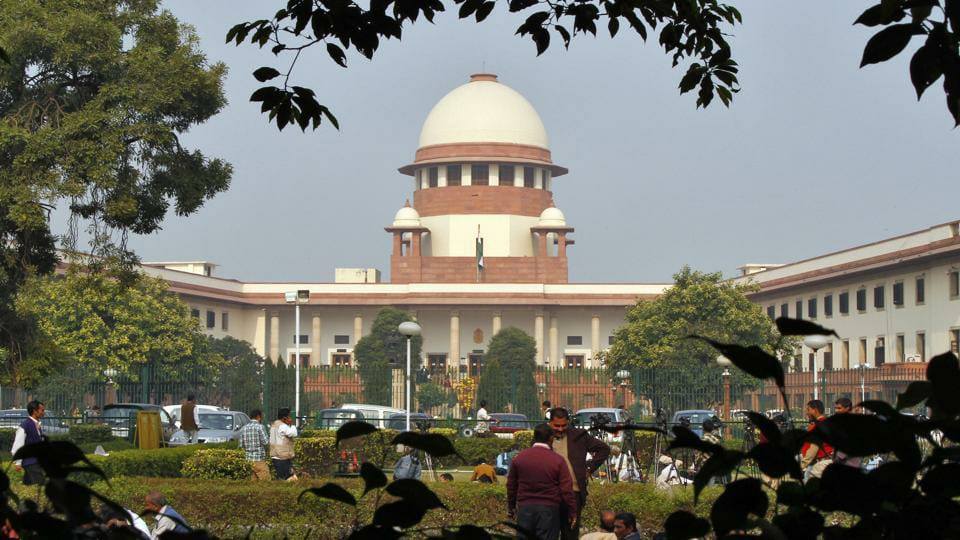
Following this proclamation, the court issued detailed guidelines to the Centre and State governments to deal with acts of mob violence.
“The measures that are directed to be taken have to be carried out within four weeks by the Central and State governments. Reports of compliance [should] be filed within the said period before the Registry of this Court,” the order read. It also urged Parliament to enact a separate law, punishing offenders involve.
8) Reservation Quota for job promotions
In a judgement with significant political ramifications, the court applied the layer principle to promotions for Scheduled Castes and Scheduled Tribes in government jobs. According to The Indian Express, it argued that “states no longer need to collect quantifiable data on the backwardness of SCs and STs in granting quota in promotions, but will have to back it with data to show their inadequate representation in the cadre.”
Also Read: Rescued From Slavery by Kailash Satyarthi, This Law Student Now Fights For Rape Survivors
“The whole object of reservation is to see that backward classes of citizens move forward so that they may march hand in hand with other citizens of India on an equal basis. This will not be possible if only the creamy layer within that class bag all the coveted jobs in the public sector and perpetuate themselves, leaving the rest of the class as backward as they always were,” said the five-judge Constitution Bench.
“This being the case, it is clear that when a Court applies the creamy layer principle to Scheduled Castes and Scheduled Tribes, it does not in any manner tinker with the Presidential List under Articles 341 or 342 of the Constitution of India. The caste or group or sub-group named in the said List continues exactly as before. It is only those persons within that group or sub-group, who have come out of untouchability or backwardness by virtue of belonging to the creamy layer, who are excluded from the benefit of reservation,” the Bench added.
9) Live streaming of court proceedings
“Sunlight is the best disinfectant,” said a Supreme Court bench, while allowing for live streaming of judicial proceedings. In instituting live streaming of judicial proceedings, the bench felt that it would increase transparency besides fulfilling the public “right to know.”
Except in cases of rape and marital disputes, the court will live stream of all judicial proceedings.
10) Firecracker ban
In a significant verdict, the Supreme Court refused to impose a wholesale ban on the sale of firecrackers but issued directions that only green firecrackers will be sold across the country, through licensed traders. More importantly, the court banned the online sale of firecrackers, besides those that produce loud noises and contain barium salt.
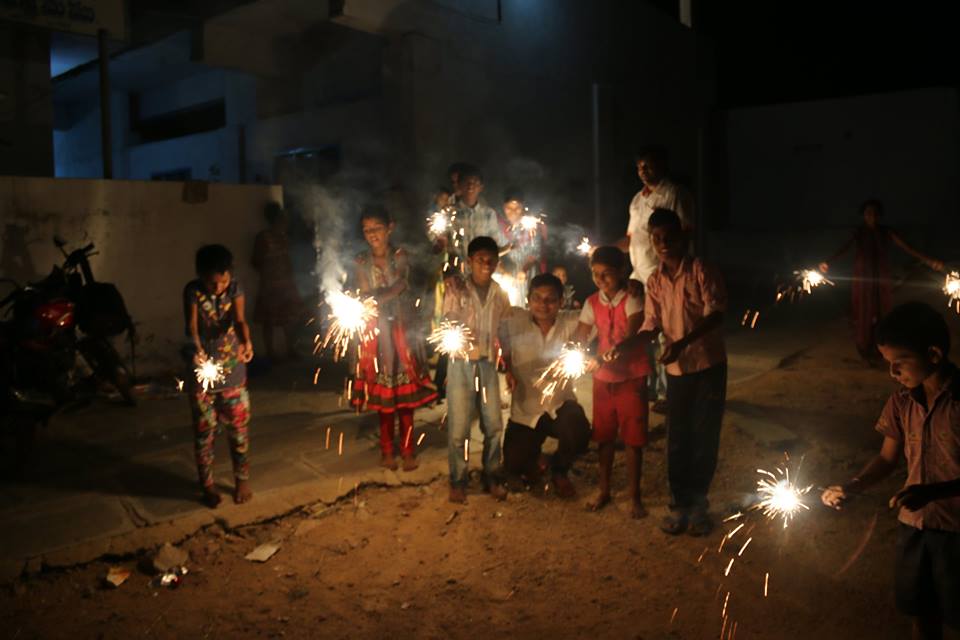
Among other directions, the court also set a time limit on when a person can burst crackers. On Diwali and other such Hindu festivals of religious importance, the time limit is from 8-10 pm. On Christmas Eve and New Year, one can only burst crackers from 11.45 pm-12:30 am. Also, one can only burst crackers in certain designated areas.
(Edited by Gayatri Mishra)
Like this story? Or have something to share? Write to us: [email protected], or connect with us on Facebook and Twitter.
If you found our stories insightful, informative, or even just enjoyable, we invite you to consider making a voluntary payment to support the work we do at The Better India. Your contribution helps us continue producing quality content that educates, inspires, and drives positive change.
Choose one of the payment options below for your contribution-
By paying for the stories you value, you directly contribute to sustaining our efforts focused on making a difference in the world. Together, let’s ensure that impactful stories continue to be told and shared, enriching lives and communities alike.
Thank you for your support. Here are some frequently asked questions you might find helpful to know why you are contributing?


This story made me
-
97
-
121
-
89
-
167













